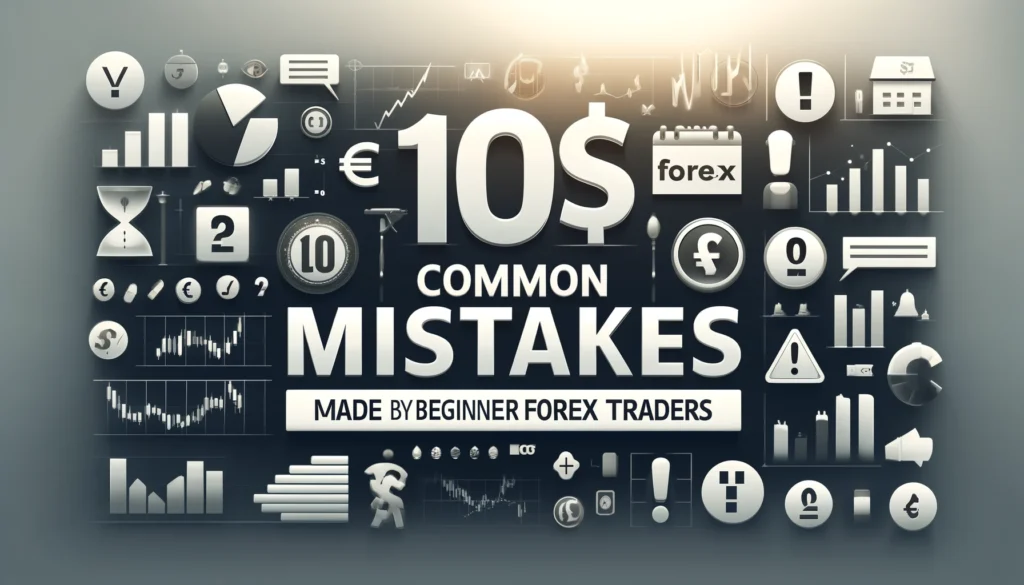Forex trading, despite its immense popularity, is shrouded in myths and misconceptions that deter many potential traders or misguide those already trading. This article aims to dispel some of the most pervasive myths about forex trading. Myth 1: Forex Trading is a Get-Rich-Quick Scheme One of the biggest misconceptions is […]
Fundamental Analysis
Understanding the inflation term in fundamental analysis is crucial for investors and traders alike. Inflation, a measure of the rate at which the general level of prices for goods and services rises, is a key indicator of economic health. In this article, we will explore the importance of this term […]
Contracts for Difference (CFDs) are popular financial instruments that allow traders to speculate on the price movements of various assets without owning the underlying asset. CFDs provide a flexible and leveraged way to trade a range of markets, including forex, stocks, commodities, and indices. This article explains the fundamentals of […]
Fundamental analysis is a critical method used by traders and investors to evaluate the intrinsic value of a financial asset. This approach involves examining various economic, financial, and other qualitative and quantitative factors to determine the asset’s true value. In this article, we will explore the core principles of fundamental […]
Forex trading is a complex and dynamic field that requires continuous learning and adaptation. Whether you are a beginner or an experienced trader, reading insightful books about forex trading can enhance your knowledge and trading skills. Here are ten interesting books about forex that can provide you with valuable insights […]
Entering the world of forex trading can be thrilling, but it also comes with its share of challenges. Many beginner traders often fall into the same traps, which can be detrimental to their success. To help you avoid these pitfalls, here are ten common mistakes made by beginner forex traders […]






